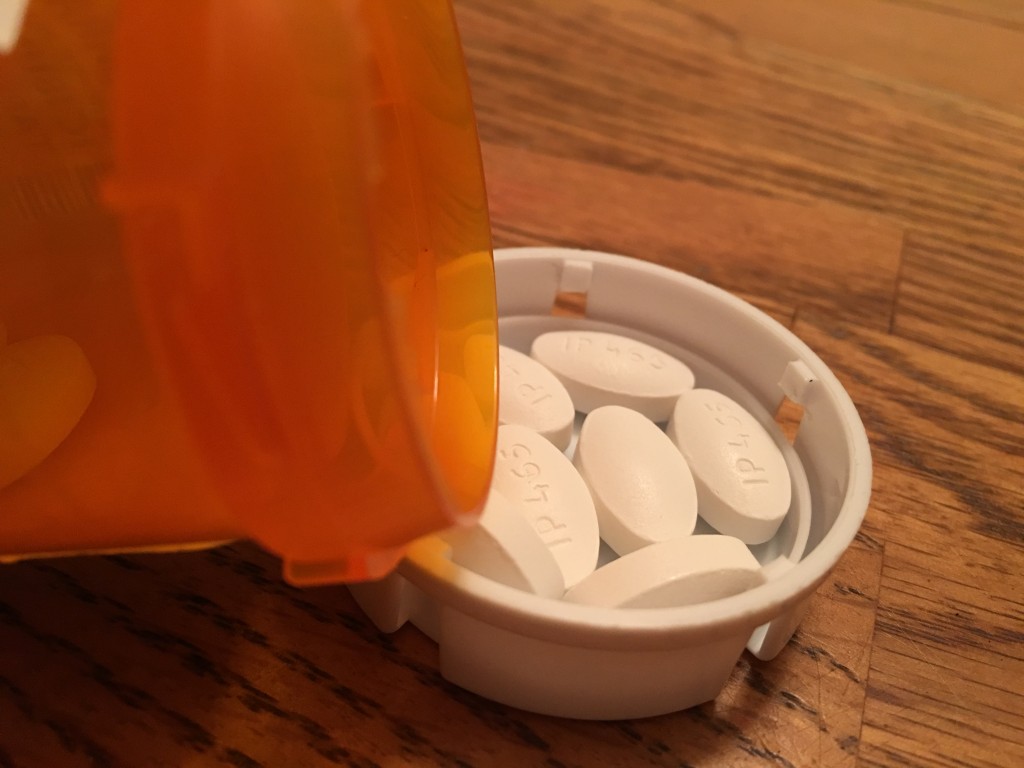By admin | Jun 15, 2016

Many systemic diseases can affect the eye. At Retina Consultants of Boston we work together with other specialists such as rheumatologists and endocrinologists in order to provide the best, most well rounded care to our patients.
For patients who have been prescribed Plaquenil for diseases such as rheumatoid arthritis or lupus (among others), and for providers who are interested, this blog post will discuss plaquenil toxicity and the retina.
What is Plaquenil?
Plaquenil (or Hydroxychloroquine) is used to treat a number of dermatologic and rheumatologic inflammatory conditions such as rheumatoid arthritis and systemic lupus. Unfortunately, while Plaquenil is extremely effective for treating these conditions, there are rare circumstances where this drug can cause retinal toxicity. It is therefore important that all patients prescribed Plaquenil be closely monitored by a retina specialist. Your retina specialist will monitor you for the first signs of retinal toxicity at the earliest moment possible.
If not caught soon enough, the adverse effects on the retina may cause irreversible vision loss, even if the medication is discontinued. However, close monitoring and regular screening by your retina specialist maximizes positive outcomes for patients on Plaquenil.
What to Watch Out For
Most patients do not experience many symptoms of retinal toxicity until it has progressed too far. Late stages include loss of visual acuity, peripheral vision and night vision. Patients who have been on Plaquenil longer than 5 years, are on a daily dose greater than 5mg/kg real body weight, have kidney problems or use the drug Tamoxifen may be at a higher risk for developing toxicity.
Upon examination, your retina specialist will look for any unusual pigmentation changes in the retina or a scotoma during your field test (blind spots in an otherwise normal visual field).
Your retina specialist will also use an OCT to monitor any changes in your retina. At RCB, we have state of the art technology and years of clinical experience in order monitor and care for you successfully.
So What Now?
Your rheumatologist and retina specialist will be keenly aware of the risks associated with Plaquenil. Getting a thorough baseline examination with a retina specialist and annual visits to monitor for any changes is a good place to start. Working with your rheumatologist and retina specialist is the best way to stay aware of any changes to your eye health and still get the most comprehensive medical care possible.
If you have any questions about Plaquenil toxicity and the retina, or would like a consult with one of our ophthalmologists and retina specialists serving Greater Boston, call us at our main office (978) 854-5090. Retinaboston.com
In the interest of maintaining further transparency and providing a wide breadth of information to our patients and providers, this blog will serve as an educational and informative resource on interesting happenings within Retina Consultants of Boston and in the greater field of Ophthalmology.
Here at Retina Consultants of Boston, Dr. John J. Weiter and Dr. Namrata Nandakumar are on the forefront of diagnostic techniques, treatment and micro-surgical techniques for macular degeneration, diabetic retinopathy, retinal detachments, macular holes, and a number of other issues affecting the vitreous and retina. Check back here frequently for news and updates on our practice and all things retina!